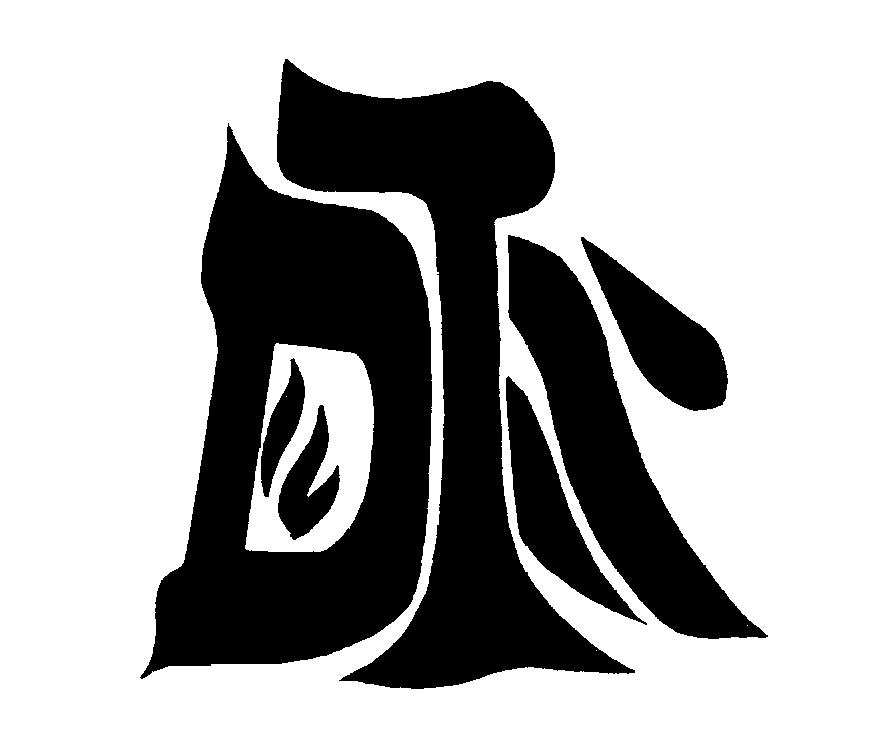The Jewish Humanist, June 1977
Humanistic Judaism is the Birmingham Temple. It is also more than the Birmingham Temple.
Humanistic Judaism is Deerfield Temple Beth Or, the Westport Congregation for Humanistic Judaism; the Congregation for Humanistic Judaism of Greater Los Angeles, the Toronto Jewish Humanist Congregation and dozens of individuals in Boston, New York, Philadelphia, Washington, Miami, Houston and San Francisco.
Humanistic Judaism is the Society for Humanistic Judaism. Established in 1969 by members of the Birmingham Temple, the Society serves as the link among all self-proclaimed Humanistic Jews in North America and beyond.
Our Temple is unique. It is the pioneer congregation of a new religious movement. It is the community voice for hundreds of Jews whose ideas and opinions need to be heard in the Jewish world.
Humanistic Judaism allows us to reach beyond the parochial boundaries of a single congregation and find the broader fellowship of like-minded believers.
This year Westport, Connecticut was the setting for the annual meeting of the Society. Delegates from all over North America came together to share achievements, to exchange ideas and to plan for the future.
The general consensus was that we have a distinct and unique message for world Jewry – different from the message of Orthodox, Conservative, Reform, Reconstructionist and Secular Judaism.
What is this different package of ideas and practices which Humanistic Judaism represents?
In order to articulate the ‘Humanistic’ answers we have to first spell out the questions we share with all other branches of Judaism.
There are six questions.
- How do we define the nature of Jewish identity in an age when the spectrum of Jewish belief ranges from Lubavitcher piety to Marxist atheism?
- How do we deal with the historic primacy of the Torah at a time when the Torah life style corresponds in no way to the behavior of most Jewish people?
- How do we bridge the gulf between the Jewish personality of the past – pious, faithful, reverent and traditional – with the Jewish personality of the present – challenging, rational, skeptical and creative?
- How do we deal with the fact that the vocabulary and world-view of contemporary science In no way corresponds to the vocabulary and world-view of historic Judaism?
- In an age when a God who intervenes directly in the lives of people is no longer believable, is there any part of the religious enterprise which is still valid?
- In a cosmopolitan world where ethnic and religious groups live intermingled how open should Jews be to the non-Jewish world?
The six answers which follow are the ‘quickie’ summary of Humanistic Judaism.
Jewish identity. A Jewish identity which can embrace both Lubavitcher piety and Marxist atheism cannot be a religious identity. Neither a set of religious beliefs nor a single life style can define Jewishness. The only category which is broad enough is ethnic and familial. To be Jewish is to be a member of an international ‘nation’. This ‘nation’ has its center presently in the state of Israel. But Its members are citizens of many countries, speak many languages, embrace many political opinions and indulge a wide variety of cultural styles. The very nature of Jewish identity forces Jews to work for a world community. Because only a world community can give official sanction to the international character of Jewish identity.
Life Style. Unlike all the other liberal branches of Judaism Humanistic Judaism does not seek to save the words of the Torah while rejecting its substance. It boldly admits that the Torah is historically interesting but intellectually irrelevant. In an age when information about people and the world continuously changes, no sacred book is appropriate, even as a symbol. Wisdom comes from the testing and insight of contemporary science, which allows no absolute truth. New rules have to be invented for new situations all the time.
Jewish Present. Humanistic Jews find the Jewish present just as interesting as the Jewish past. The secular world of science and technology has given the Jew more education, power and intellectual clout than he has ever enjoyed before. By virtue of their unprecedented affluence and freedom, contemporary Jews are, at least, the equals of their desert ancestors. An appropriate Jewish history gives as much time to Einstein as to Moses.
World View. The ‘God’ vocabulary of historic Judaism cannot fit the naturalistic view of contemporary science. Saving theology is a waste of time. The language of prayer and worship is so inappropriate that it cannot be rescued. A successful Judaism seeks to use the language that the modern Jew uses in his daily life.
Religion. Much of the old religious enterprise is useless to Humanistic Jews. Contacting supernatural power is an act of futility. Character building and ethical training are the aspects of historic religion which are still appealing. The religious community is an extended family with shared values. The congregation translates these values into practical behavior. Rationality, trust, cooperation and generosity become skills for learning.
Openness. Humanistic Jews start with Jewish literature but do not stop there. They are open to receiving wisdom about solving problems from any ethnic source. The affirmation of human power, human reason and human happiness is-more than Jewish. It is also universal. Humanistic Jews find their ‘brothers’ and ‘sisters’not only among other Jews. They find them also among other humanists.
These six brief answers are a unique combination. They are the missionary message of the Society for Humanistic Judaism. They unite us with hundreds of Jews outside the Birmingham Temple.
The Society needs your support to spread the ‘word’.

